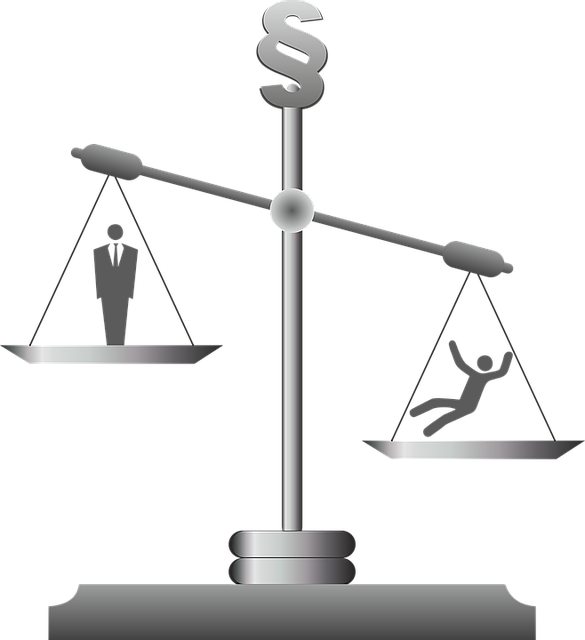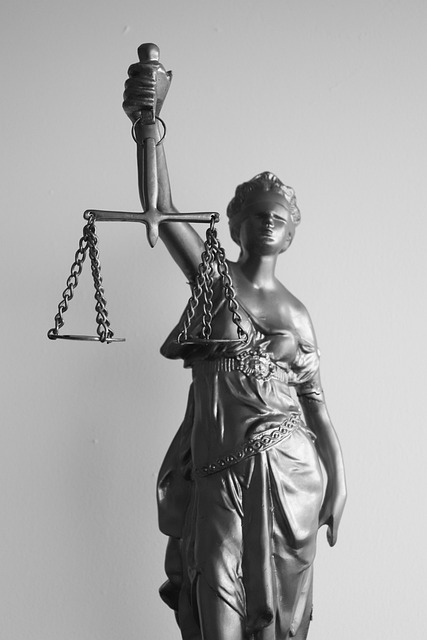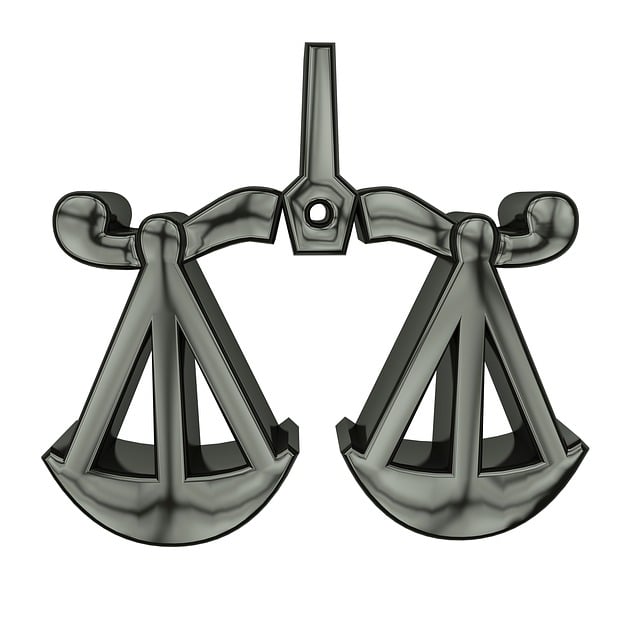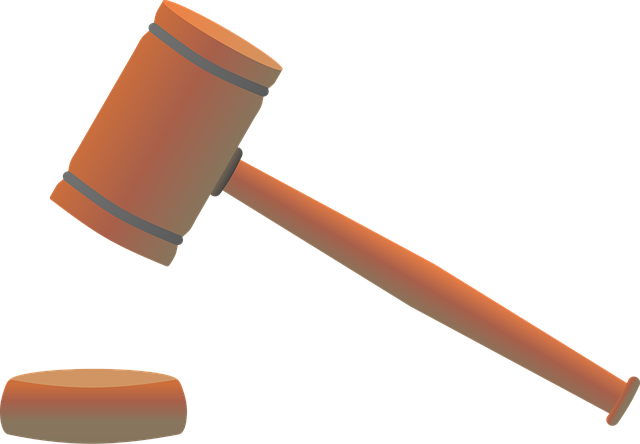Understanding consumer protection laws is crucial for both businesses and consumers, ensuring fairness and transparency in transactions. Consumer protection legal actions, including those against unfair workplace practices, involve gathering evidence, consulting specialists, and navigating complex procedures to achieve justice. Key steps include documenting incidents, identifying violations, and seeking expert guidance to differentiate valid complaints from false claims. Successful outcomes can range from monetary damages to punitive measures, emphasizing the importance of specialized lawyers in protecting consumer rights and addressing unethical business tactics.
Consumer protection suits are a crucial mechanism ensuring businesses uphold ethical standards. These legal actions safeguard individuals from deceptive or harmful practices, especially in the workplace. Understanding consumer protection laws is the first step towards identifying unfair employment tactics. If you’ve faced such practices, initiating legal action involves clear steps and robust evidence. This article explores these aspects, offering guidance on navigating through complex legal procedures to secure remedies for unfair workplace treatments.
- Understanding Consumer Protection Laws
- Identifying Unfair Workplace Practices
- Initiating Legal Action: Steps to Take
- Evidence and Legal Arguments in Consumer Cases
- Potential Outcomes and Remedies for Consumers
Understanding Consumer Protection Laws

Understanding Consumer Protection Laws is paramount for both businesses and their customers. These laws are designed to safeguard consumers from deceptive or harmful practices in various transactions, including purchases, services, and employment. They ensure fairness and transparency, empowering individuals to take legal action for unfair workplace practices or any other form of consumer fraud. By knowing their rights under these regulations, consumers can protect themselves from exploitative business tactics.
Judicial proceedings play a crucial role in enforcing these laws. Jury trials, for instance, offer an avenue for consumers to seek redress and hold businesses accountable. Navigating the legal system can be complex, but for his clients, having a comprehensive understanding of consumer protection laws is essential to avoiding indictment and ensuring they receive the justice they deserve.
Identifying Unfair Workplace Practices

Unfair workplace practices can take many forms, from discrimination and harassment to wage theft and unsafe working conditions. Identifying these issues is a crucial step in safeguarding workers’ rights. Employees who suspect illegal or unethical behavior in their workplaces should be encouraged to document specific incidents, gather evidence, and consult with legal experts specializing in white collar defense. These professionals can guide them through all stages of the investigative and enforcement process, ensuring that their rights are protected.
Taking legal action for unfair workplace practices is a complex process that often requires careful navigation through intricate regulations and laws. A solid understanding of employment law is essential to distinguishing between legitimate complaints and potential false claims. General criminal defense strategies may be applicable in certain situations, but it’s vital to approach these cases with nuance, as the outcome can significantly impact both employers and employees.
Initiating Legal Action: Steps to Take

When considering initiating a legal action for unfair workplace practices, it’s crucial to understand the steps involved in navigating this complex process. The first step is to gather comprehensive evidence documenting the alleged unethical or illegal activities. This may include contracts, emails, pay stubs, and any other relevant documents that highlight the infractions. It’s essential to consult with an experienced attorney who specializes in employment law to ensure your case is built robustly and in compliance with legal procedures.
The next crucial step is to assess whether the case aligns with jurisdiction rules and has merit. Your lawyer will help determine if the practices violate any existing laws, such as those protecting workers’ rights or combating white-collar and economic crimes. A solid strategy should aim to avoid an indictment by presenting a compelling case while employing defensive tactics like negotiating settlements out of court. Remember, a well-prepared white-collar defense can significantly impact the outcome, ensuring the best possible outcome for all parties involved.
Evidence and Legal Arguments in Consumer Cases

In consumer protection suits, evidence and legal arguments play a pivotal role in securing justice for victims of unfair business practices. Consumers who have been misled or taken advantage of by businesses can gather evidence such as contracts, financial records, and communication logs to substantiate their claims. These documents can serve as concrete proof of misleading advertising, deceptive pricing, or hidden fees, among other violations. Legal arguments in these cases often focus on interpreting consumer protection laws, establishing a pattern of fraudulent behavior, and demonstrating the adverse economic impact on the aggrieved party.
The dynamics of consumer cases differ from white collar and economic crimes due to their unique nature and the specific protections afforded to consumers. Unlike complex financial frauds or corporate misdeeds, consumer disputes often involve straightforward interpretations of legal rights and obligations. However, as with any white collar defense, successful navigation through these suits requires a deep understanding of both the law and the nuances of the case. The involvement of philanthropic and political communities in supporting robust consumer protection laws underscores the importance of these lawsuits in upholding economic fairness and transparency.
Potential Outcomes and Remedies for Consumers

When consumers face unfair or deceptive practices, they have several potential avenues for redress through legal action for unfair workplace practices. These outcomes can vary based on the specific circumstances and applicable laws but often include monetary damages to compensate for financial losses or injuries suffered as a result of these practices. In addition to compensatory damages, consumers may be entitled to punitive damages designed to punish the offending party and deter similar misconduct in the future.
In navigating all stages of the investigative and enforcement process, whether through settlement negotiations or formal legal proceedings, consumers benefit from representation by attorneys specializing in consumer protection law. These lawyers can guide their clients—both corporate and individual—through complex legal landscapes, ensuring they receive fair treatment and just remedies. This support is crucial in securing positive outcomes that protect consumer rights and restore any losses incurred due to unethical workplace practices.
Understanding consumer protection laws is paramount for ensuring fair business practices. By identifying unfair workplace practices, consumers can take proactive measures and initiate legal action through defined steps, backed by strong evidence and compelling legal arguments. The potential outcomes of such suits include remedies that protect consumers’ rights, fostering a more equitable marketplace. Remember, knowledge is power when it comes to navigating these crucial legal protections.






